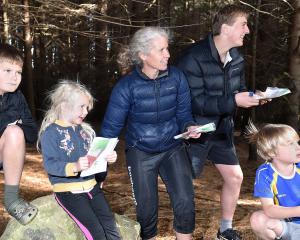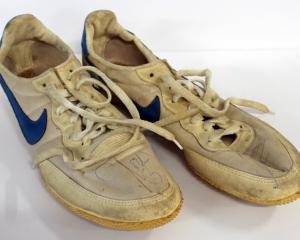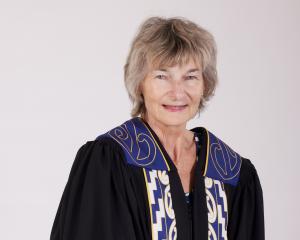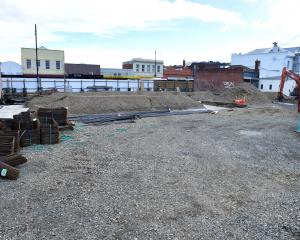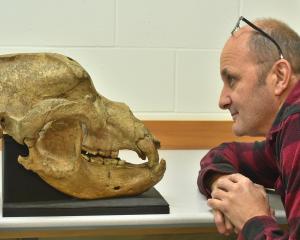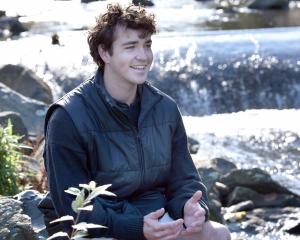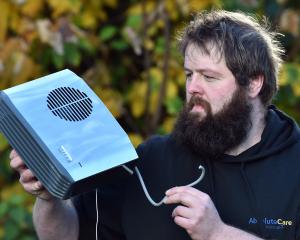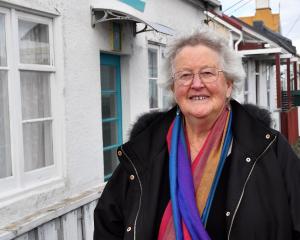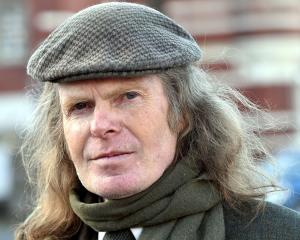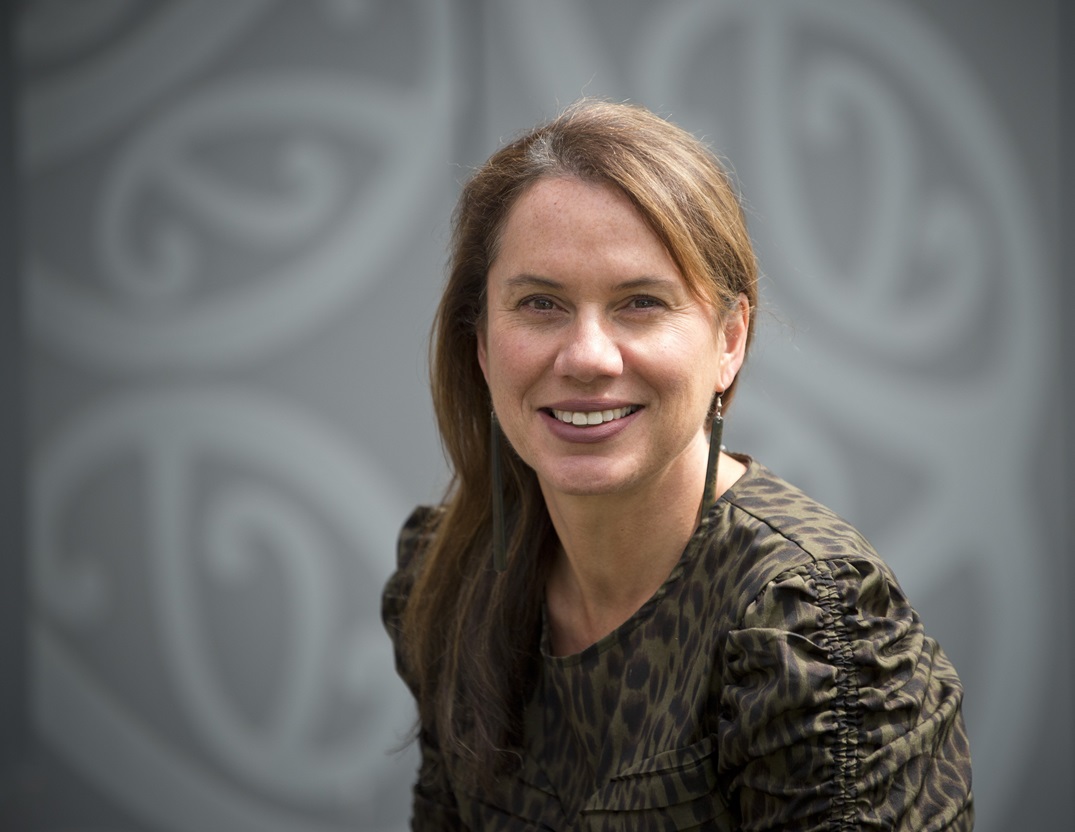
Fortunately, study members from the Dunedin Multidisciplinary Health and Development Study will be arriving back in Dunedin on April 8, to help scientists delve into the understudied, but important, period of life and time of change.
The longitudinal study follows the lives of 1037 babies born in Dunedin’s Queen Mary Maternity Hospital, between April 1, 1972 and March 31, 1973, and is the most detailed study of human health and development in the world.
Study members have come back to Dunedin from around the globe, to have regular assessments throughout their lives, most recently at age 45.
Now the award-winning Dunedin Study is set to launch its age 52 assessments, which include physical tests, a dental examination, a brain MRI scan, vision, hearing and respiratory tests, and a survey of things that have been happening in their lives.
Assessments of the collected data will take about two years to complete.
Study director Professor Moana Theodore said she was incredibly excited to start the assessments.
She said the last time the study members were seen was before the Covid-19 pandemic, and the study was in a unique position to examine how people’s lives had changed since then.
The study was also increasing its focus on how the environment impacts on health.
New technologies would look at study members’ exposure to chemical toxins such as pesticides, air pollution, and heavy metals, she said.
"Midlife is an understudied period of time when it comes to understanding health and wellbeing.
"Not only is it a time of change — people’s children may be leaving home and their parents are getting older — but it’s also when significant health issues can arise.
"Chronic conditions emerge at earlier ages for some of our communities who have less access to services and experience inequities in health.
"The best way to study inequities is to identify life course pathways that create them, to inform programmes that address inequities now and for future generations."
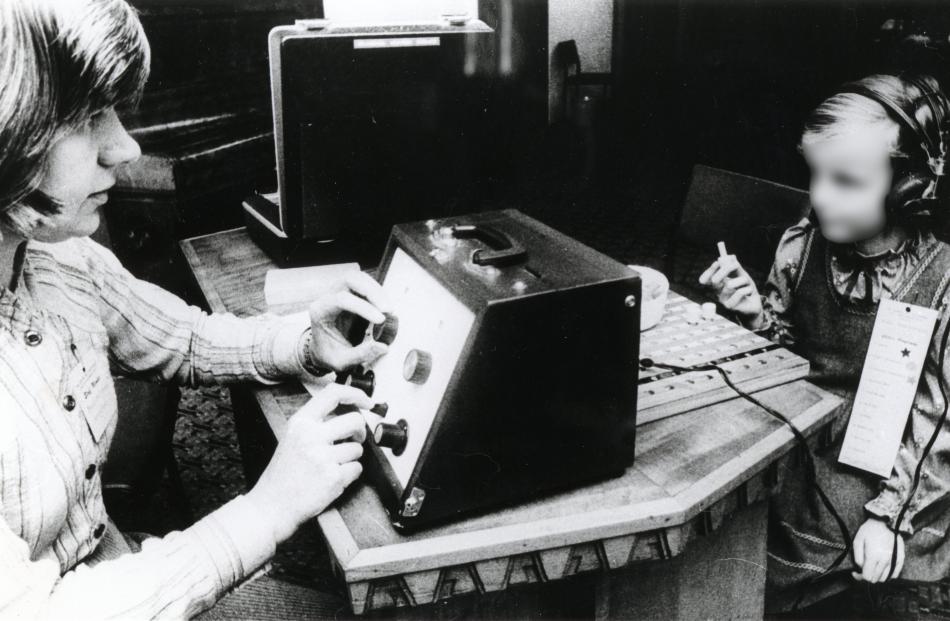
"Why that’s so important is because we have an ageing population.
"Some of our most pressing healthcare, social, and economic issues relate to how we best support and care for people as they age."
Prof Theodore said 94% of all living study members took part in the age 45 assessments, and it was hoped a similar percentage would take part in the age 52 assessments.
"The fact that we have this world-leading study right here in Aotearoa New Zealand is something that we should all be incredibly proud of.
"But it is only possible due to the generosity of each and every one of our study members and their families.
"They have given half a century of service to their country.
"The study members are the true heroes of this study."

